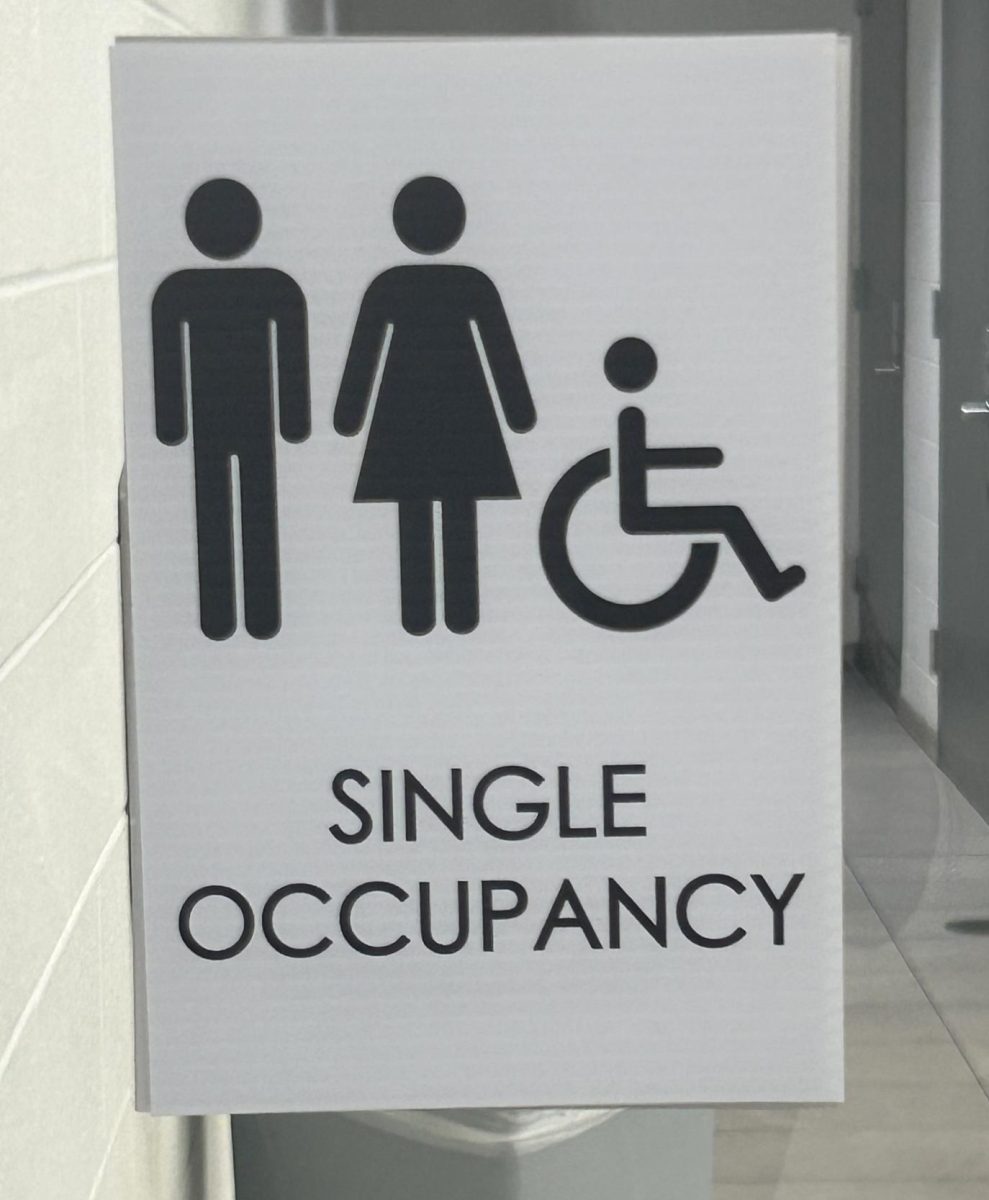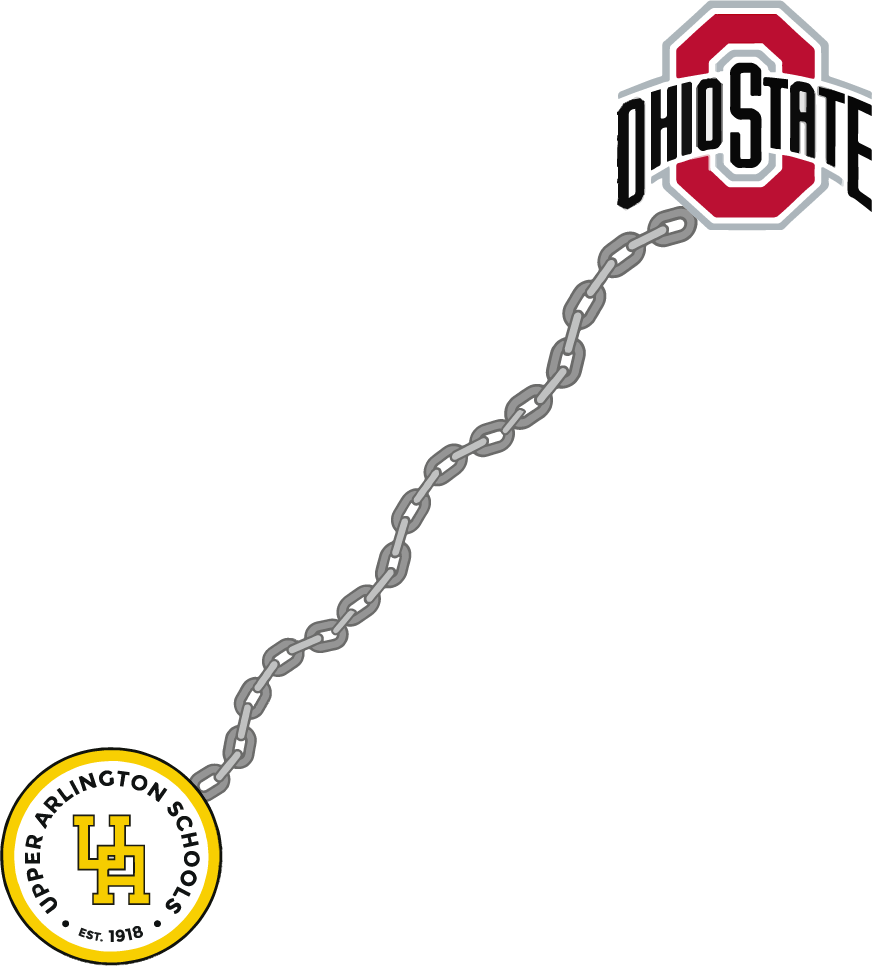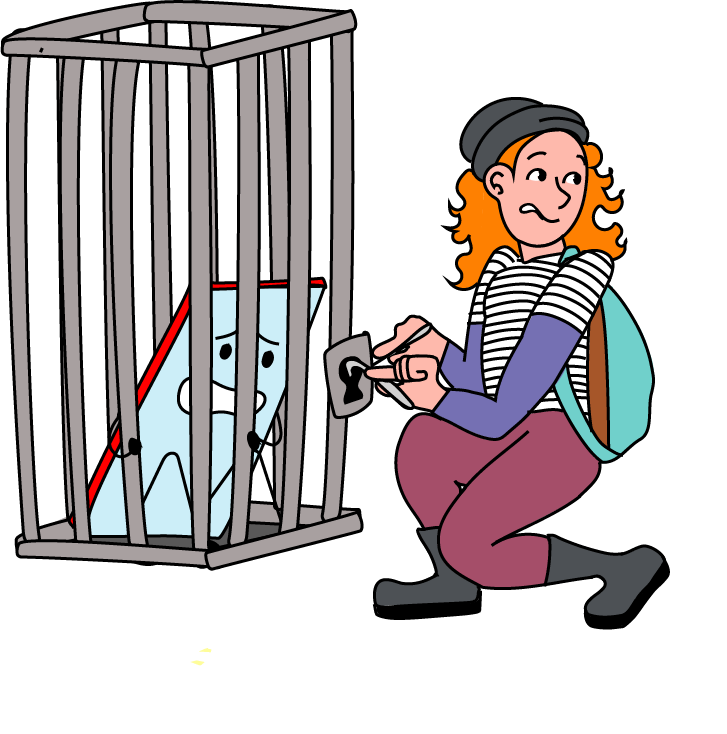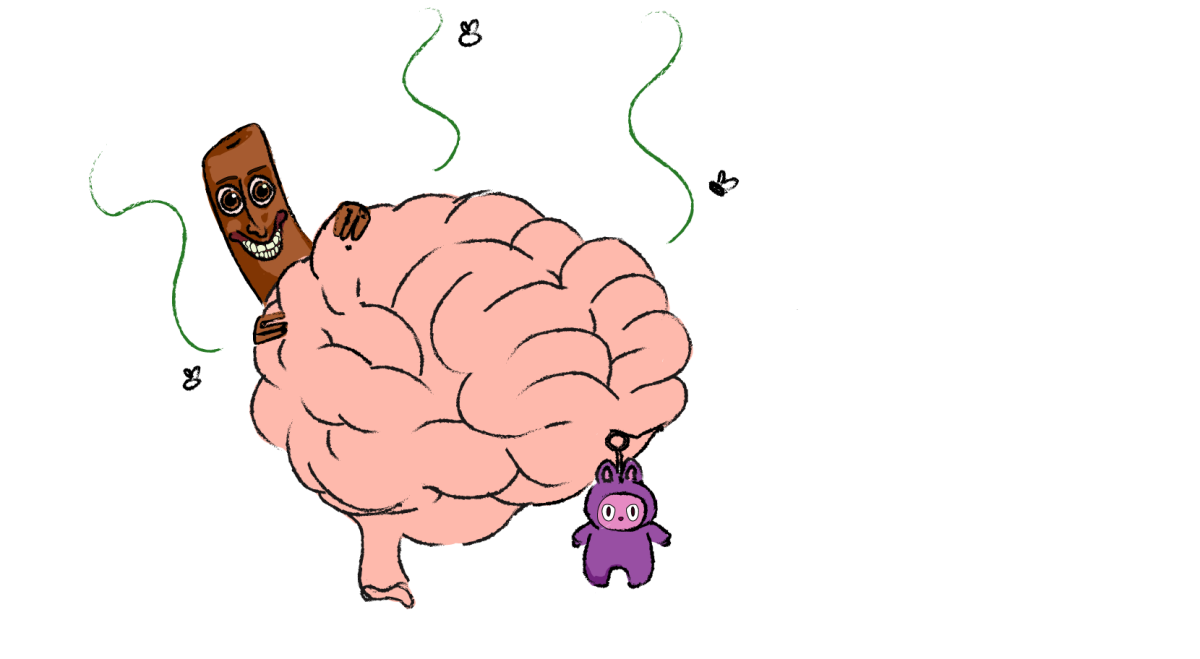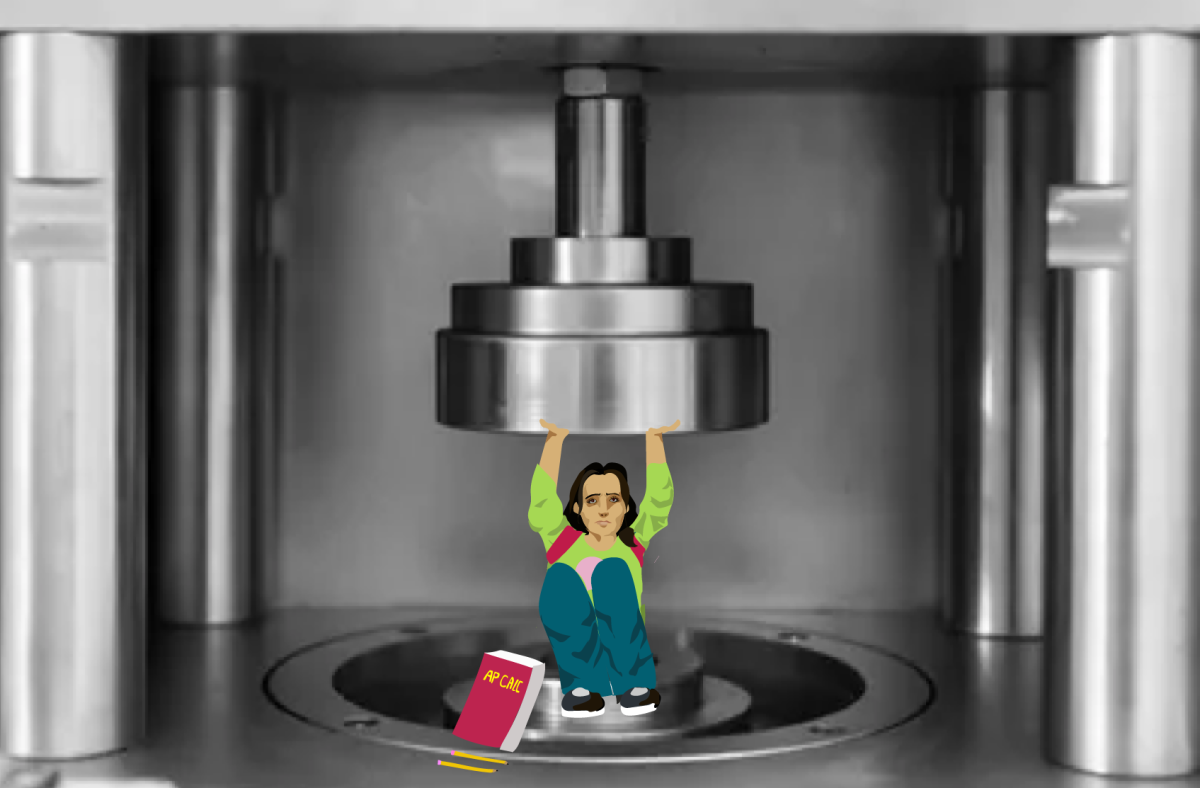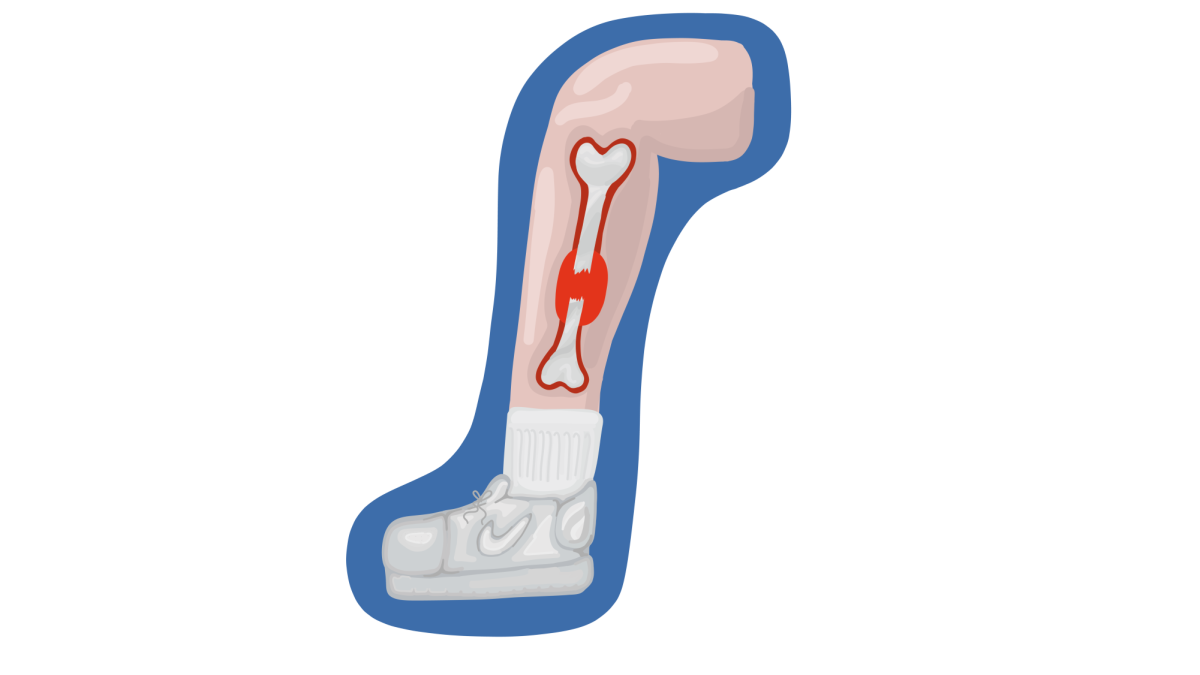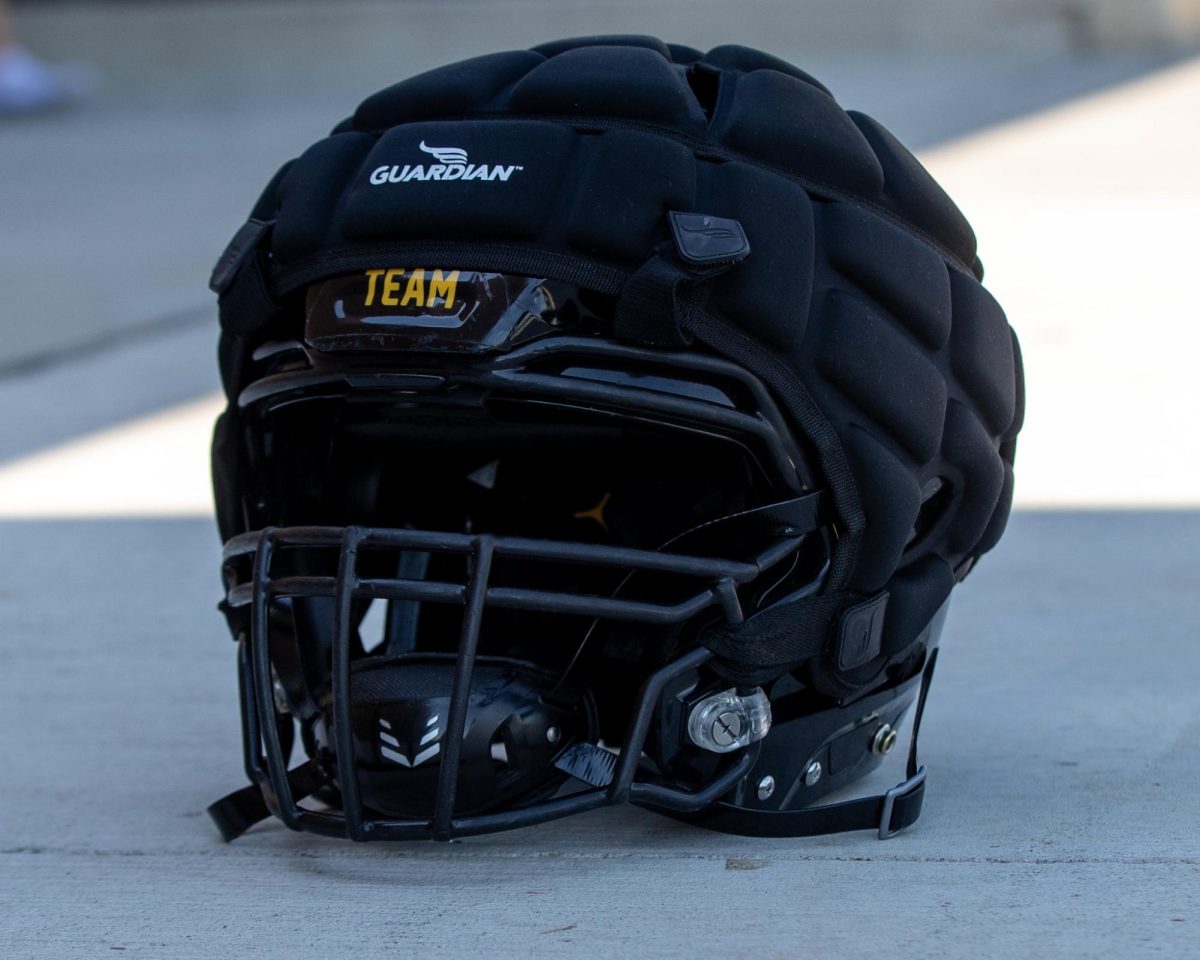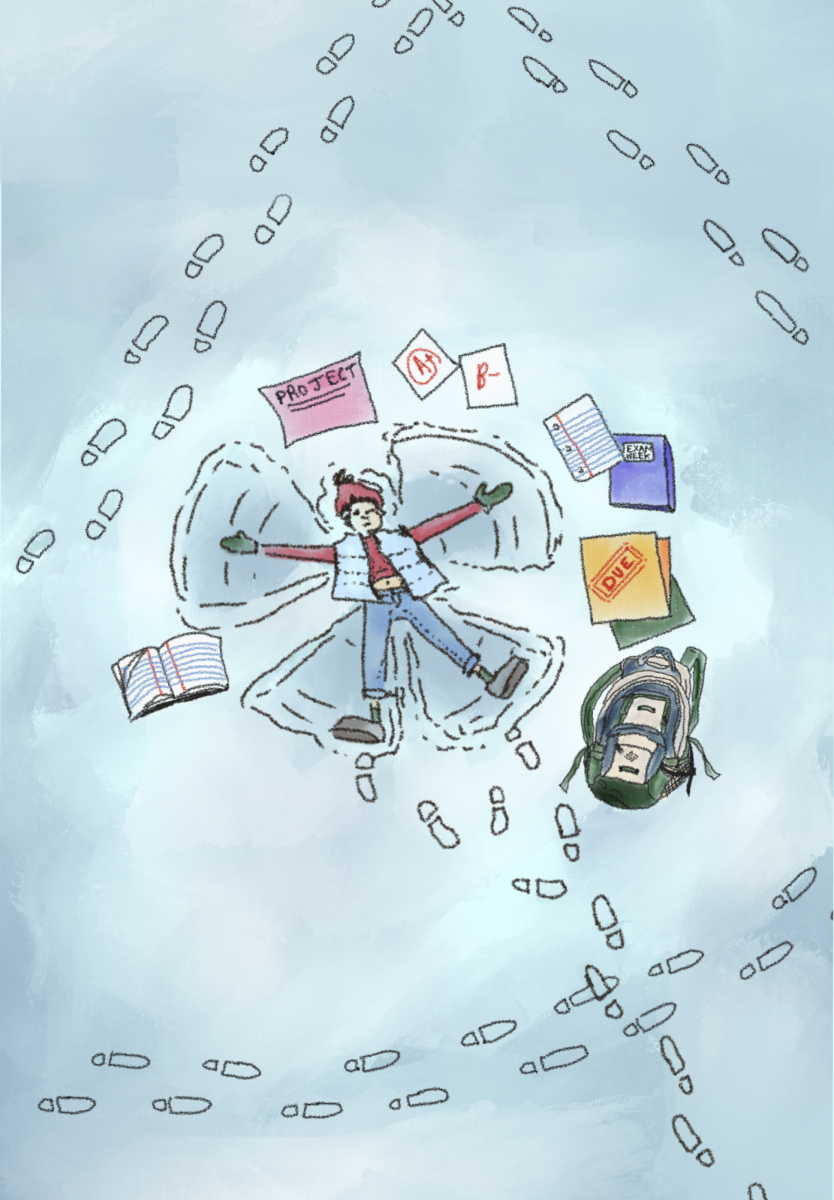On Jan. 1, the local sale of flavored e-cigarettes and menthol cigarettes will be banned in the city of Columbus. According to lawmakers, the citywide sale ban is due to the targeting of minorities and children and the harmful effects of these inhalants.
For the past decade, students have had the looming threat of nicotine addiction. To help stop kids from smoking, most school districts–including Upper Arlington City Schools–have shown public service announcements (PSAs) explaining the effects of vaping. Last year, on Dec. 12, the Columbus City Council voted to ban the sale of flavored tobacco products, menthol cigarettes, and flavored vaping products throughout the city of Columbus. As the ban goes into effect next month, it’s finally time to talk about how this law will affect the citizens of Columbus.
Dr. Eric Mull has worked at Nationwide Children’s Hospital since 2019 and works in the field of the effects of vaping with its connection to asthma. Mull uses this field of work to help patients by recommending cessation (counseling to help a person overcome their smoking addiction).
“[Shell and I] can provide resources for people who want to stop smoking,” Shell said.
Similarly, Dr. Richard Shell has been working at Nationwide Children’s Hospital since 1993 and is a professor of pediatrics and section chief of the Department of Pulmonary Medicine at Nationwide Children’s Hospital. Like Mull, Shell also has an expert view of the health aspect of the upcoming Jan.1 ban. Both doctors work in the field of pulmonology, the study of the lungs.
“Our goal, and it seems the goal of the city, is to prevent people from starting to smoke, especially from the standpoint that there are all these flavored devices that make it seem like you’re eating a piece of candy, and you’re getting people to smoke it because it tastes like cotton candy,” Shell said.
Shell explained that when vaping products are advertised, people don’t understand the health impacts related to them.
“We have no idea what the long-term effects of all those chemicals are,” he said.
In addition to various doses of nicotine and heavy metals, vaping liquid can also contain flavorings such as formaldehyde — used for cooling the electric device and longer lasting flavor, and ethyl — a sweetener that tastes like cotton candy. According to Mull, ethyl transports heavy metals into cells that line the surface of the lungs to die off.
“For these companies to preserve the flavor of vapes, they use chemicals like formaldehyde, which can cause swelling in the lungs,” Mull said.
Mull goes into detail about one of the many diseases triggered by vaping, which aren’t all documented, according to Mull.
“Some [vapes] use lipids, which can cause anomalies in your lungs, or lipid ammonia, ammonia triggered by fats in your lungs,” Mull said. Although an alarming number of adults and children smoke, the effects of the chemicals in the product haven’t been documented long-term.
“Nicotine is probably one of the most addictive substances that is legal to buy. When you’re buying [vapes] off the street, you have no idea what the dealer has put in there. There could be other drugs in there or other harmful chemicals,” Shell said.
According to the Centers for Disease Control and Prevention, there is no safe level of exposure to secondhand smoke. People who do not smoke and who are exposed to secondhand smoke, even for a short time, can suffer harmful health effects.
“Another important thing is the problem with secondhand smoke; any inhaled substance can be bad for your lungs and cause damage that sometimes can be irreversible,” Shell said.
In January, Republican Gov. Mike DeWine vetoed legislation that would have stopped cities from blocking the banning sale of menthol cigarettes and flavored vapes. Stated in a news conference with health officials to sound the alarm over a youth smoking and vaping “epidemic.” For the past year, DeWine has been advocating for a statewide ban on flavored tobacco products; instead, it’s only the city of Columbus that has stepped up to take on the cause. The ban will only be in Columbus, so places like Upper Arlington remain free to sell the controversial products.
“I would say it is an epidemic based on the statistics. If you look through the law by Columbus, they talk about an 800% increase in smoking from 2011 to 2015 in just middle school students, and if it starts in middle school, most people will have an amount of addiction to it,” Shell said.
According to the Flavored Tobacco Ordinance of Columbus, the ban will prohibit the sale and distribution of flavored tobacco products; it will not prohibit the possession or consumption of flavored tobacco products. Residents of legal age will not be penalized for possessing or consuming flavored tobacco products in the City of Columbus.
“I think the ban will be helpful, especially with children who are getting it from these external sources…From [our] standpoint, the next step is further education on the harmful effects of smoking. We have outreach to high schools,” Mull said.
Shell then details, in his opinion, the importance of preventing children from getting this dangerous inhalant.
“I think it’s a wonderful first step, but what’s to prevent people from going to other cities that surround the city of Columbus like Upper Arlington or Grandview? Hopefully, [children] won’t take the extra time to go and get it… the people who sell these products in Columbus will face financial hardship. With this ban, people will hopefully be more aware of the harm these products can cause,” Shell said.


